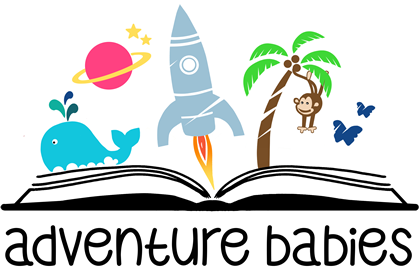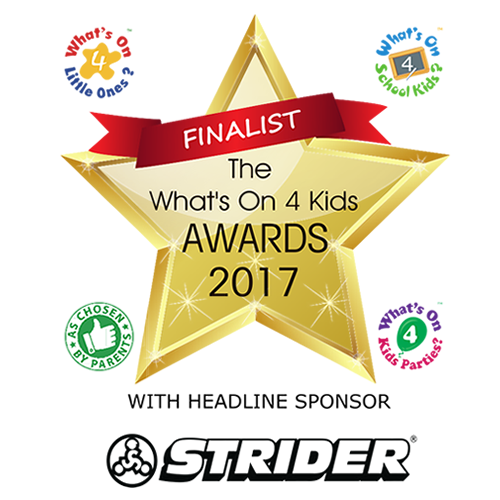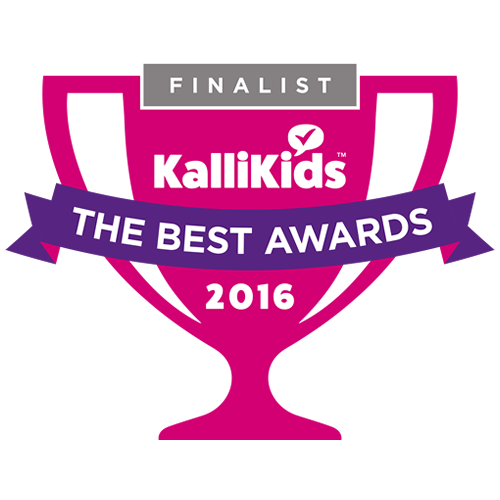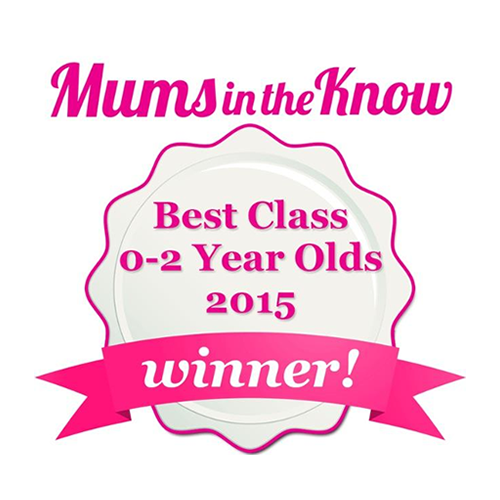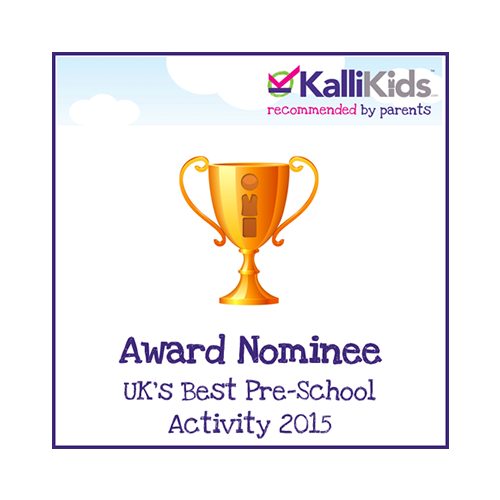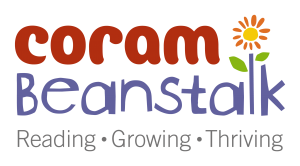When Will My Baby Say Their First Word?
If you’re parenting a 6–12 month old, you’re probably hearing a lot of adorable babbling—but you might also be quietly wondering: When will my baby say their first word? Is it soon? Are they on track? Should I be worried?
You’re not alone. Many parents find themselves anxiously listening out for “mama” or “dada,” unsure if their baby’s chatter is just noise or the start of real talking. The good news? What you’re hearing now is an important part of your baby’s language development—and everything is likely right on track.
So… When Will My Baby Say Their First Word?
Most babies say their first real word between 10 and 14 months. That means if your 6–9 month old isn’t talking yet, they’re not late—they’re exactly where they should be.
At this stage, babies are in what speech and language experts call the pre-linguistic phase. This is when they’re laying the foundations for speech by:
-
Making different sounds (cooing, squealing, gurgling)
-
Babbling with consonant sounds like ba-ba, da-da, and ma-ma
-
Responding to your voice, tone, and facial expressions
-
Using gestures (like reaching up to be picked up)
These are all signs that your baby is preparing to talk—even if they haven’t said a recognisable word yet.
What Counts As a First Word?
A “first word” is more than just a sound—it’s a meaningful word your baby says with intention. So, when they say “mama” and look at you, or say “ball” while holding one, it’s officially a word!
Some common first words include:
-
Mama or Dada (often for both parents at first!)
-
Bye-bye
-
Hi
-
Uh-oh
-
Ball
-
Dog
-
No (a classic!)
How Can I Encourage My Baby to Talk?
The best way to support your baby’s speech development is through everyday interactions. You don’t need flashcards or fancy apps—just you.
Here are some expert-approved tips:
1. Talk All Day Long
Describe what you’re doing: “I’m changing your nappy now. Look at your wriggly toes!” Narrate your day. Babies learn through hearing language in context.
2. Read Together
Books build vocabulary and spark curiosity. Choose simple, repetitive board books and make reading a daily ritual.
3. Sing and Use Rhyme
Nursery rhymes and songs help babies tune into the rhythm of language. Repetition makes it easier for them to remember and copy sounds.
4. Pause and Respond
When your baby babbles, pause and respond—like you’re having a conversation. This “serve and return” interaction is vital for language growth.
5. Use Gestures and Facial Expressions
Wave when you say “bye-bye.” Point to objects and name them. Babies pick up so much from visual cues.
When Should I Worry?
It’s natural to compare your baby with others, especially at baby groups or on social media. But remember: every baby develops at their own pace.
That said, you might want to check in with your health visitor or GP if your baby:
-
Isn’t babbling by around 9 months
-
Doesn’t respond to sounds or their name
-
Shows little interest in interaction
-
Doesn’t use any gestures (like pointing or waving) by 12 months
In most cases, there’s no need for alarm—but early advice can be helpful if there is a delay.
If you’re asking “When will my baby say their first word?”, it means you’re paying close attention—and that’s a great thing.
Trust that your baby is learning every single day, even if they’re not saying words just yet. Right now, they’re absorbing language like a sponge. Talking will come—and probably sooner than you think.
Until then, keep chatting, reading, singing, and smiling. You’re doing brilliantly.
